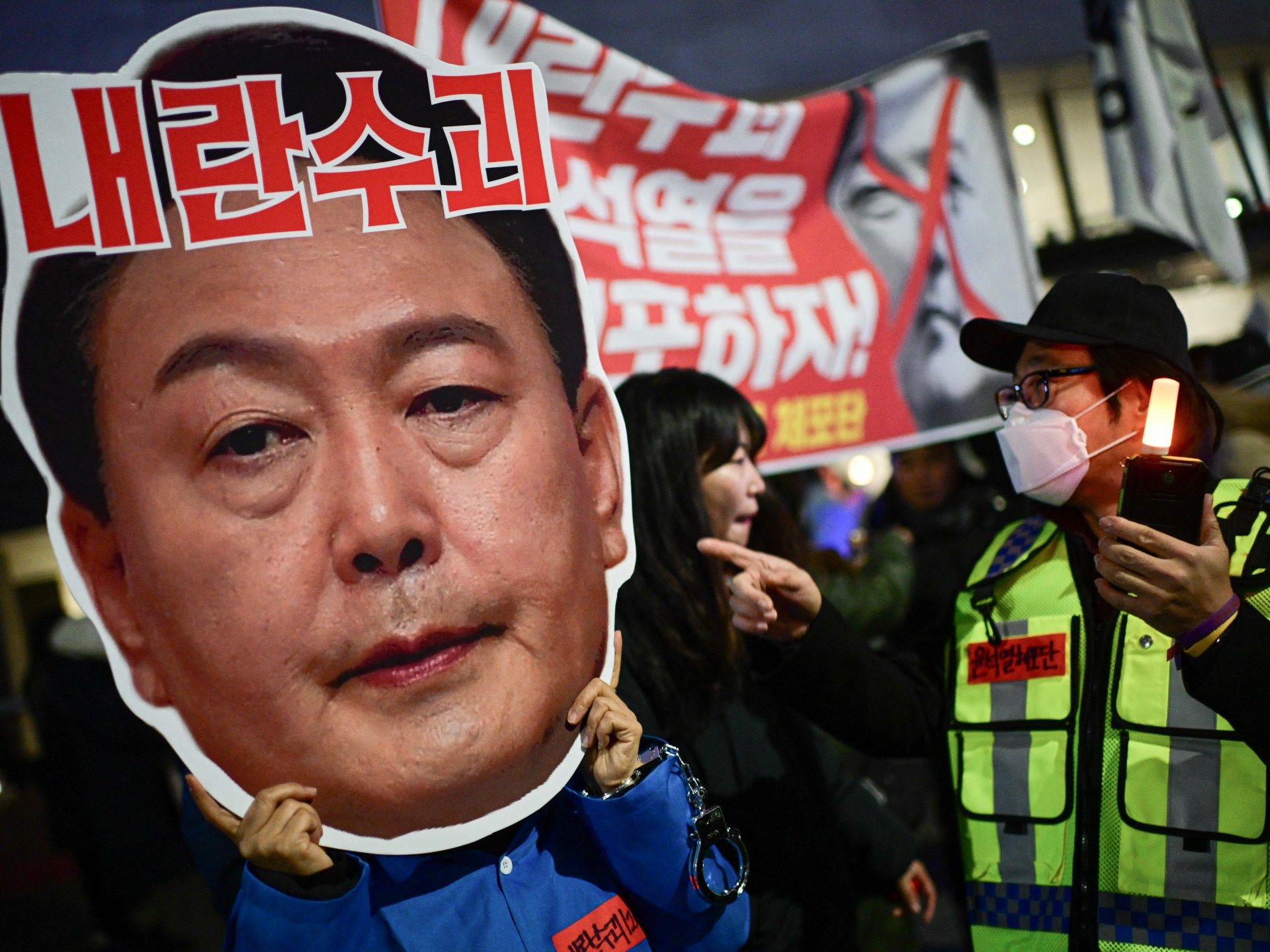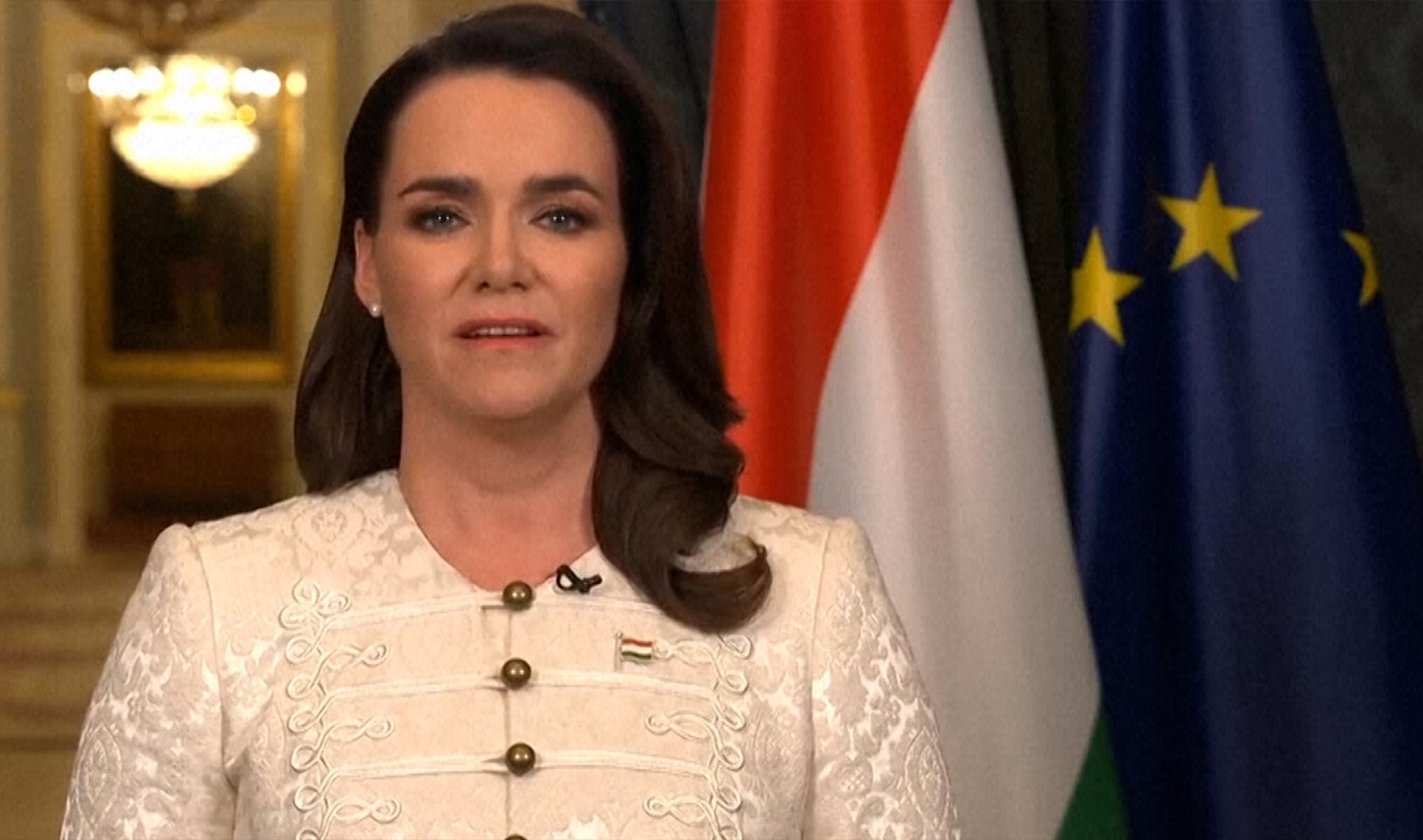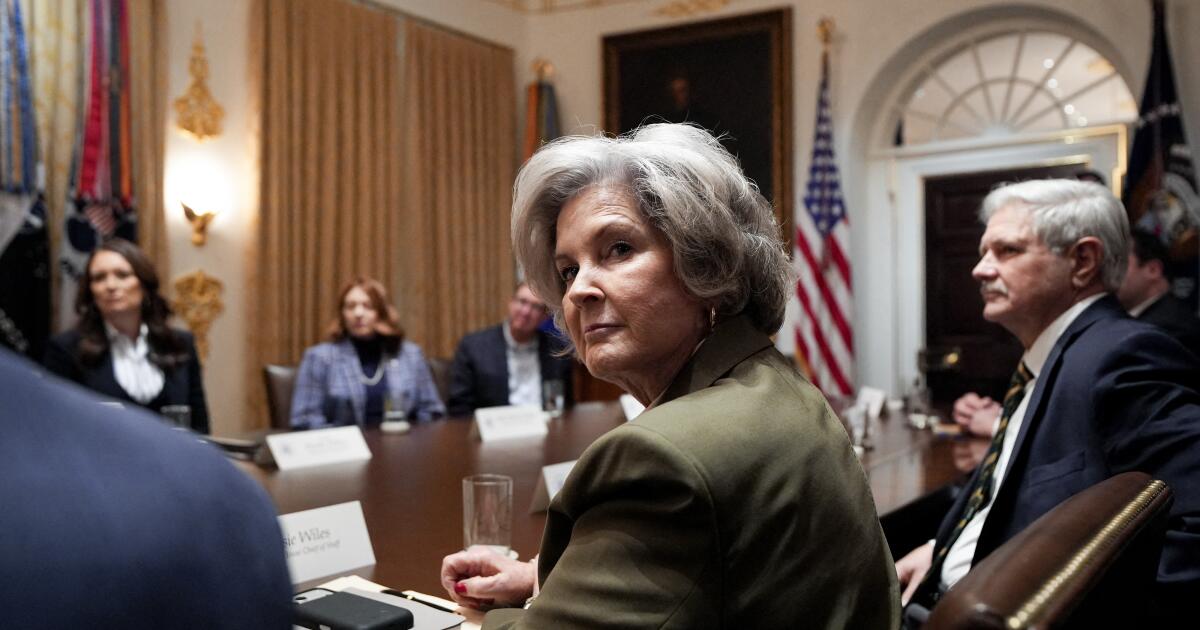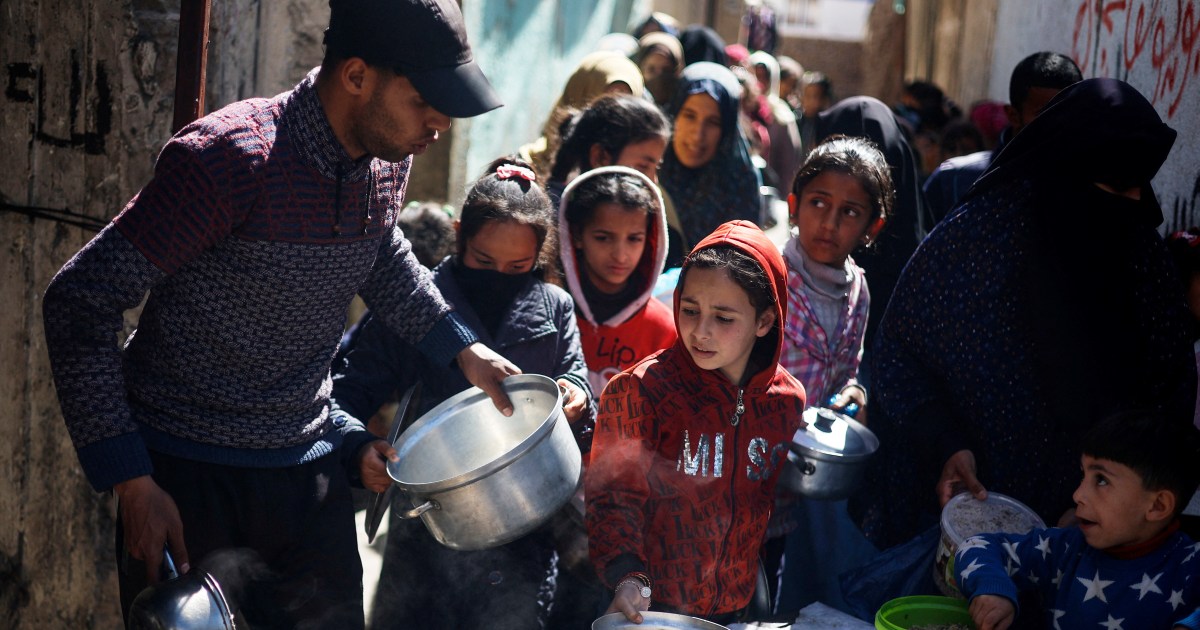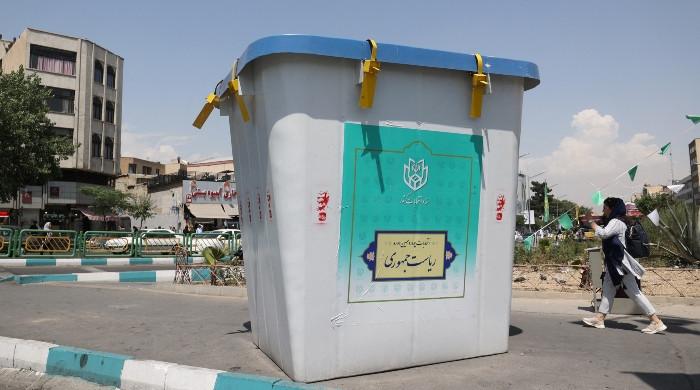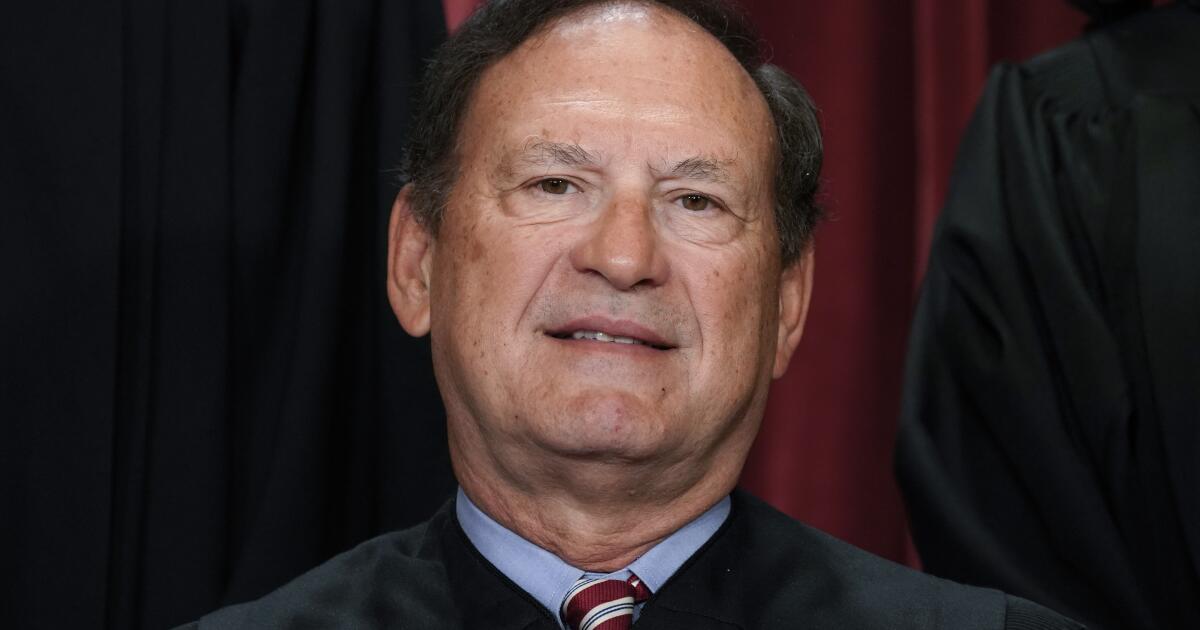A foreign travel ban has been issued against the embattled president after his brief attempt to impose martial law.
South Korean President Yoon Suk-yeol has been banned from leaving the country over a failed attempt to impose martial law, amid growing calls for him to resign and a deepening leadership crisis.
Oh Dong-woon, head of the Corruption Investigation Bureau for Senior Officials, said on Monday that he ordered a foreign travel ban for Yoon when asked at a parliamentary hearing what actions had been taken against the embattled president.
A Justice Ministry official, Bae Sang-up, told the committee that the travel ban order had been carried out.
Yoon's People Power Party (PPP) staged a chamber walkout ahead of a vote to impeach the president on Saturday, prompting accusations of being “complicit in the insurrection” after the motion failed.
On Sunday, PPP leader Han Dong-hoon said Yoon would be excluded from foreign affairs and other state affairs, and that Prime Minister Han Duck-soo would manage government affairs until Yoon finally resigned.
The decision to delegate presidential authority to the prime minister has plunged Asia's fourth-largest economy into a constitutional crisis.
Al Jazeera's Eunice Kim, reporting from Seoul, said the “big question” was how long the ruling party could maintain the plan, which has caused uncertainty over who is in charge.
The Defense Ministry said Yoon was still legally the commander-in-chief.
'Second blow'
South Korea's opposition on Monday accused the ruling party of striking a “second blow” by clinging to power and refusing to impeach Yoon.
Claiming that the president can remain in office but has delegated his powers to the prime minister and the PPP leader, who is not an elected official, is “a blatant constitutional violation with no legal basis,” said Democratic Party leader Park Chan. -dae. .
“This is an illegal and unconstitutional act of a second insurrection and a second coup,” Park said, urging the PPP to “stop it immediately.”
Al Jazeera's Kim said: “The opposition is now preparing for a second impeachment vote on Saturday.”
Yoon has rejected calls, including from within his own party, for him to resign, and his future looked more uncertain Thursday when a team from the National Police Agency launched an investigation into the president for alleged treason.
While a sitting South Korean president has immunity from prosecution while in office, that does not extend to accusations of rebellion or treason.
The president granted sweeping emergency powers to the military on Dec. 3 to root out what he called “anti-state forces” and obstructionist political opponents. He rescinded the order six hours later, after parliament defied military and police cordons to vote unanimously against the decree.
On Saturday, Yoon apologized for the decree and said he would not evade legal or political responsibility for the measure, which was born out of “desperation.”
Yoon has maintained that martial law was necessary, accusing opposition members in the National Assembly of launching an unprecedented number of impeachment efforts against members of his administration, effectively paralyzing key government operations and managing the budget. a way that undermined the fundamental functions of government, including public safety.
The unrest in Seoul comes at an important geopolitical moment in the region, with North Korea reportedly sending troops to help Russia's war against Ukraine amid growing military ties between Moscow and Pyongyang.

